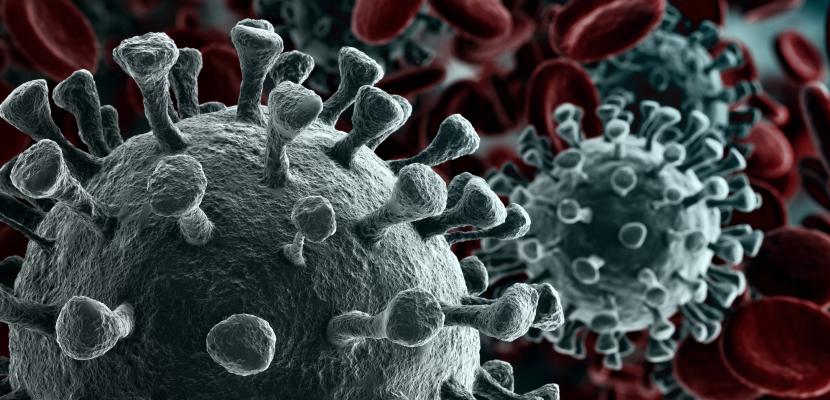
Dozens of studies into COVID-19 have been discredited as researchers rush to share their findings, sometimes cutting corners in the process.
Katrina Bramstedt, an Adjunct Professor of Medical Ethics at Bond University, has identified 33 papers that have been either retracted, withdrawn or 'noted with concern'.
Some of the world's top scientific journals have been caught up in the resulting climbdowns, including The Lancet and The New England Journal of Medicine.
Most of the suspect studies (56.6 per cent) originated in Asia, with the majority of those from China.
"Research normally occurs at the speed of a marathon but during a pandemic the pace is more like a sprint," Professor Bramstedt noted in her own study, published in the Journal of Medical Ethics.
"No research team is exempt from the pressures and speed at which COVID-19 research is occurring.
"This can increase the risk of honest error as well as misconduct."
There has been an explosion of research into COVID-19 as scientists around the world try to unravel the secrets of the coronavirus.
With breakthroughs having the potential to save thousands of lives -- as well as bringing prestige, profit and national pride -- researchers are increasingly turning to preprint servers to present their findings.
These online repositories can publish scientific manuscripts within days, unlike journals which require research to be peer-reviewed in a process that can take months.
Professor Bramstedt said almost 4000 papers related to COVID-19 had been uploaded to preprint servers recently, with potentially serious consequences.
"Preprint platforms do routinely advise their readers not to use their content for clinical decision-making, but the latter cannot be ruled out, especially in the situation of a pandemic with high rates of morbidity and mortality," she said.
"Patient harm that is significant, permanent and irreversible could result from using faulty research results."
The highest profile retraction this year was a study that found hydroxychloroquine increased the risk of death in COVID-19 patients.
The study was retracted from The Lancet when some of the authors said they were not able to verify data central to the paper.
GoogleScholar indicates The Lancet study was cited by other research papers 415 times.
Professor Bramstedt said this reinforced the importance of producing robust research that subsequent researchers could trust.

